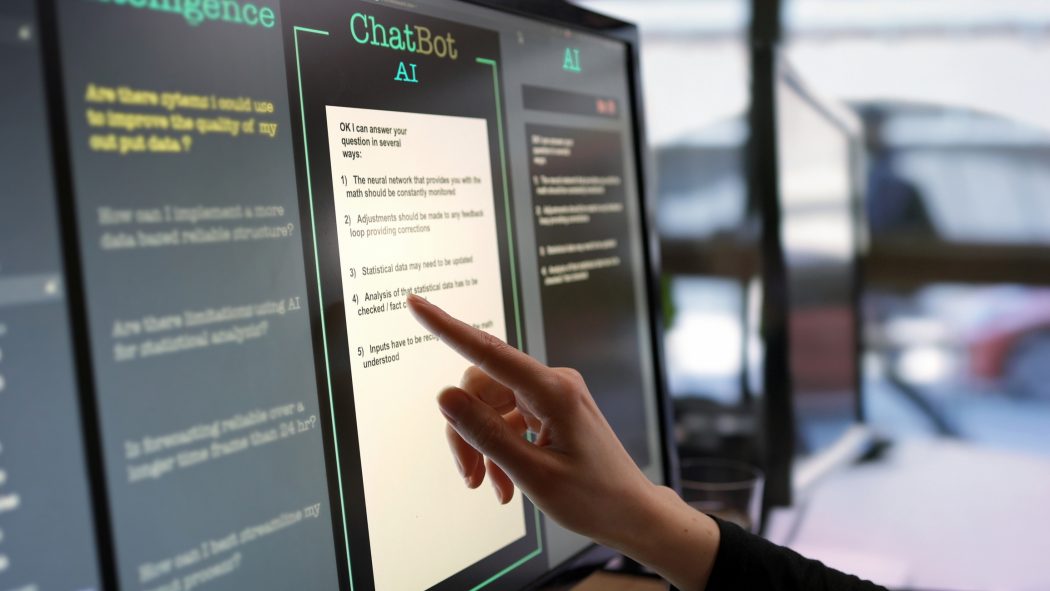BROCK RESEARCHERS DEVELOP NEW PROTOCOL TO TEST LANGUAGE MODELS
In a groundbreaking study, researchers from Brock University and the Massachusetts Institute of Technology have proposed a new protocol called “Instructive Debiasing” to evaluate the effectiveness of debiasing methods in language models. Led by Computer Science student Robert Morabito and Assistant Professor Ali Emami, the team aims to ensure that language models like ChatGPT can accurately distinguish between appropriate and inappropriate speech generated by artificial intelligence (AI).
Debiasing AI text is crucial to prevent algorithms from producing biased results based on factors such as race, gender, age, and political affiliation. Emami highlights that the large coverage of AI often leads to uncertainty about its output, as it reflects biases and stereotypes prevalent on the web.
The team specifically examined the popular debiasing method called Self-Debiasing, which identifies and eliminates toxic, sexist, and profane words and phrases from the language model’s output. However, they discovered that the method’s effectiveness remained unchanged even when replaced with positive, nonsensical, or blank commands. According to Emami, this inconsistency renders Self-Debiasing unreliable in the long run.
To test debiasing methods, Morabito and his team developed a checklist consisting of three items. First, the specification polarity test evaluates whether a debiasing method can generate appropriate language when prompted with opposite commands. Second, the specification importance test examines if the model understands specific instructions, even when replaced with nonsensical or blank coding. Lastly, the domain transferability test checks if the method can consistently produce unbiased outputs when given a normal prompt.
To address these challenges, the research team introduced the Instructive Debiasing method, which instructs the language model to behave a certain way according to a given prompt. By testing this new method against the checklist, the team showcases its effectiveness and hopes to inspire further research and the development of new debiasing techniques.
The study provides invaluable insights into the ongoing efforts to debias AI. With language models like ChatGPT having the potential to reach millions of users, it is crucial to ensure that they deliver appropriate and unbiased content. The findings presented in this study spark important questions about the reliability and consistency of different debiasing methods.
What are your thoughts on this breakthrough study? Do you think the proposed checklist and Instructive Debiasing method can revolutionize debiasing techniques in language models? Share your opinions in the comments below!
IntelliPrompt curated this article: Read the full story at the original source by clicking here a fun game: sprunki horror

